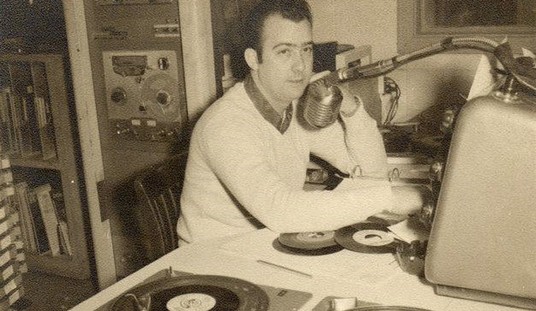Some of today’s most popular and widely utilized drugs are the serendipitous result of products and therapies that didn’t quite work out as researchers had planned.
Warfarin, for example, a lifesaving anticoagulant used by millions, was initially created in order to kill rats by causing them to bleed internally. The popular hair-restoration treatment Minoxidil was the surprising result of an anti-hypertensive medication that happened to also increase hair growth. And perhaps one of the most financially rewarding pharmaceutical accidents of all time, the scientists behind Viagra entered it into clinical trials as a therapy for angina and high blood pressure.
For many years, scientists have also known that some drugs – in addition to their intended purpose – can have anti-cancer side-effects. A staple of nearly every American’s medicine cabinet, Aspirin can reduce the risk of colon cancer. Methylnaltrexone, an opiate antagonist that relieves the peripheral side effects of opiates while preserving analgesia, can increase survival in advanced cancer patients.
In the past five years, researchers have stepped up efforts to find ways to harness existing approved drugs, and repurpose them for treating cancer. One smart way to think about any drug is by understanding how it works inside a cell; sometimes that mechanism of drug action could suggest it will have a parallel application as an anti-cancer drug. As the costs of bringing an anti-cancer drug to the market can cost in the hundreds of millions of dollars, this approach of repurposing could be a cost-effective way to increase our drug inventory of anti-cancer drugs.
Perhaps one of the most surprising drugs being newly used as a cancer-fighting agent shouldn’t be any surprise at all. Viagra – already having proved itself to be more useful as an erectile dysfunction treatment than as an antihypertensive – has shown significant promise for patients with certain types of solid tumors and brain cancers.
Along with Cialis and Levitra, Viagra works by producing a chemical called nitric oxide – a potent vasodilator that relaxes blood vessels to help increase blood flow. In men with erectile dysfunction, it’s a mechanism that helps increase blood flow to the penis, thereby causing an erection. But in cancer cells, nitric oxide reacts with toxic free radicals to make a super-free radical– which make the cancer cell feel “unwell,” but doesn’t actually kill it.
However, when Viagra is combined with many types of chemotherapy, the synergistic cancer-killing effect is remarkable. Two drug combinations with Viagra are already actively in use with patients, with promising results. Viagra paired with the seizure medication Depakote and the cancer drug Nexavar, is gaining steam as an encouraging treatment for patients with recurrent brain cancer as part of an on-going phase II clinical trial (trial: NCT01817751). Likewise, the phase I trial administering Viagra with a cancer drug called Stivarga isnearing completion with multiple patients on trial for over a year (trial: NCT02466802). Viagra has certainly proven to be one of the most versatile, but it’s far from the only drug able to be repurposed for cancer.
Tecfidera is a multiple sclerosis medication able to augment cancer-fighting radiation and chemotherapy in patients with brain cancer (trial: NCT02337426). Like aspirin, the common anti-inflammatory drug Celebrex can be used to prevent colon cancer.
Synergistically, Viagra and Celebrex can be used to fight a multitude of cancers but – perhaps most importantly – cancers of the colon.
Colorectal cancers are diagnosed in more than 130,000 Americans each year – killing more than 50,000. It’s an area of cancer treatment ripe for improvements: current protocols combine multiple chemotherapy drugs to kill and to stop new blood vessels growing into the tumor. But although these treatments can stop the cancer from growing for up to 30 months in some, the tumor cells eventually evolve and become drug-resistant. In combination with chemotherapy, newly repurposed cancer drugs hold hope for reducing the amount of toxicity administered to patients.
Natural products are also showing good results. Curcumin – a chemical found in the spice turmeric – has been known for thousands of years to have medicinal properties. When combined with Viagra, low levels of Curcumin, as could be found in a patient, also display potent cancer-killing abilities.Recent studies indicate that when curcumin is combined with other chemicals in the drug Meriva – which prevents curcumin from being overly degraded by the liver – it can effectively kill colon and liver cancer cells.
It’s often said that there are no accidents in life, and the same might be said for science. Research is increasingly demonstrating that for each approved therapy we have, a multitude of others is possible.
Dr. Laurence Booth is an Assistant Professor and Dr. Paul Dent a Professor in the Department of Biochemistry, Massey Cancer Center, Virginia Commonwealth University, Richmond VA. Dr. Dent is the Universal Inc. Chair in Signal Transduction.









Join the conversation as a VIP Member